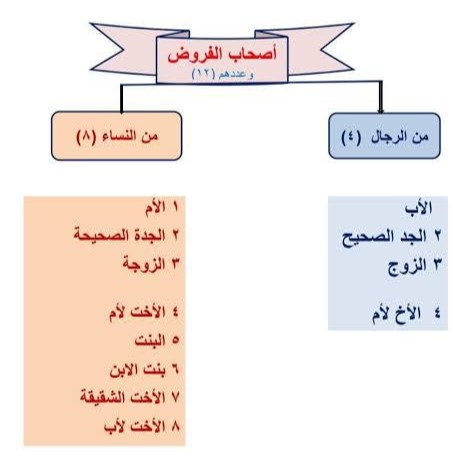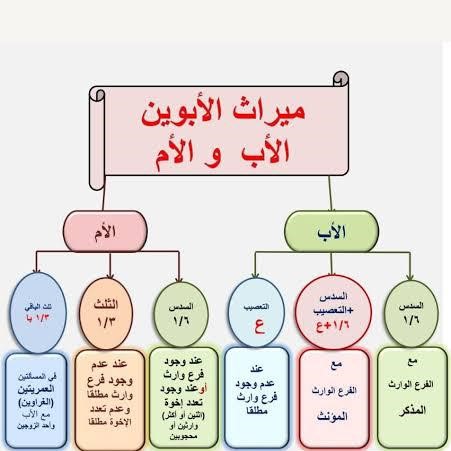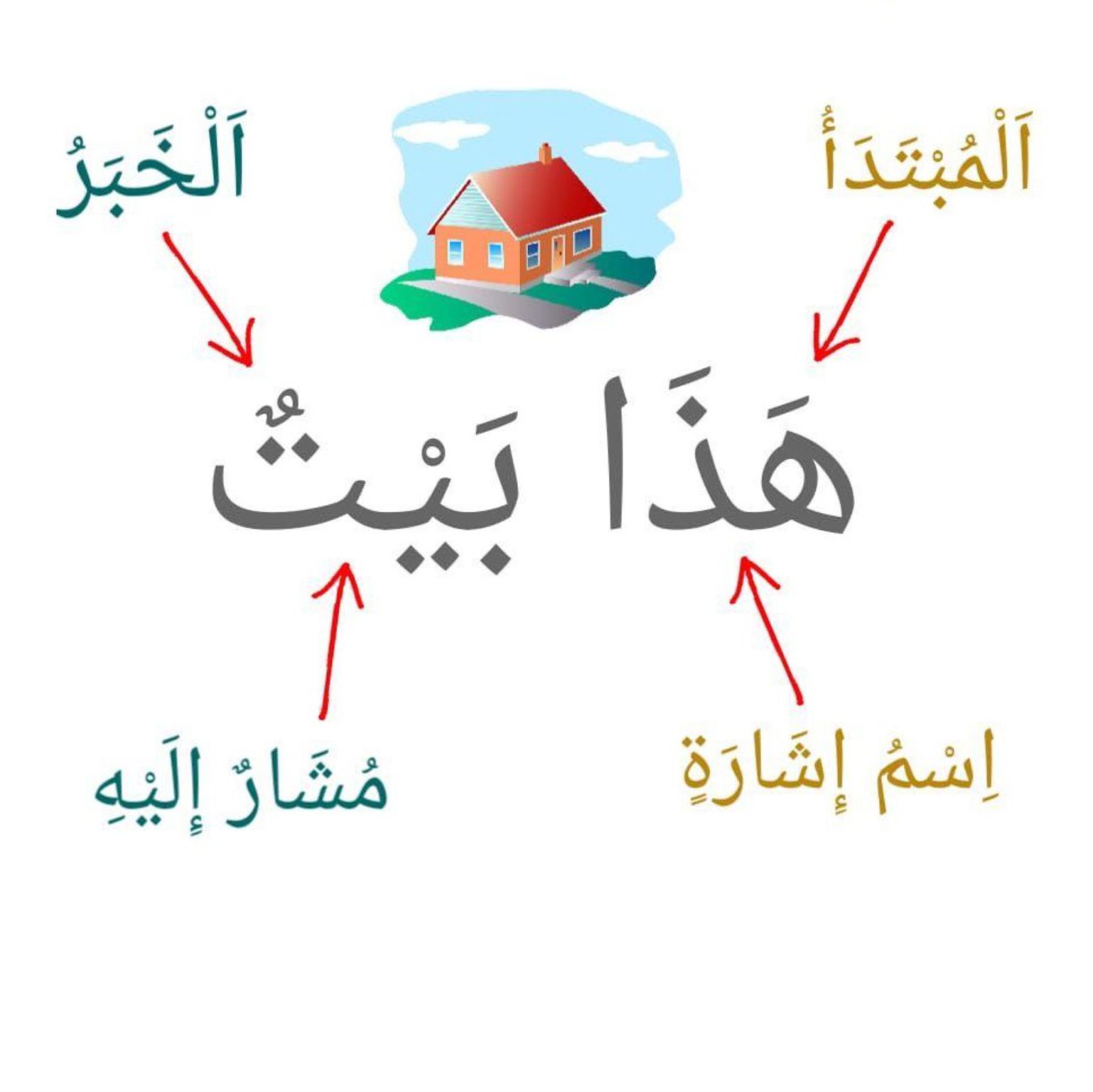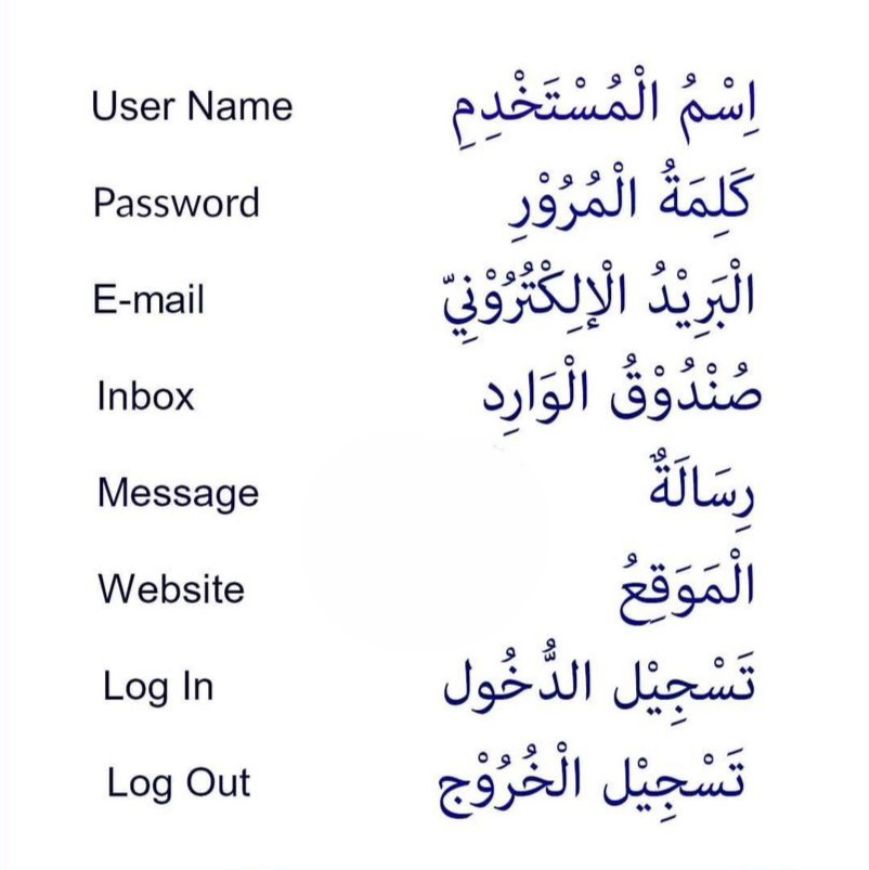
Islamic Law of Inheritance
At Mudkhalul Karīm, we guide the students to understand Islamic law of inheritance (Al-Mīrāth), by covering the principles of how a deceased person's property/estate is distributed among legal heirs. We also teach the historical and philosophical underpinnings, the types of heirs & their fixed shares, and how to calculate these shares according to the Qurʾān & Sunnah. Key topics include identifying heirs, understanding concepts like fixed sharers (Aṣ-ḥābul Furūḍ) & residuaries, and the rules regarding both testate (will, or Waṣiyyah) and intestate succession.
Prerequisites for this course:
- Ready to learn
- Smartphone
- Laptop (Optional)
- Completion of Al-Qurʾān
- Familiarity with Naḥw (Arabic Grammar)
- Familiarity with Ṣarf (Arabic Morphology)
How It Works
Learn Mīrāth (Inheritance) in just three(3) months for as low as ₦490,000
Course Details:
- Course Duration: Three(3) months
- Lecture Duration: One(1) hour daily, Monday-Friday
- Course Fee: ₦490,000 with flexible payment options
Learning Procedure:
- Month 1 - Month 3: Deep study & understanding of kitāb "Al wajīz fī ʿIlmil mawārīth"
Payment Terms:
- 50% down payment is required mandatory
- Payment can be spread over 2 months
Join us now to enhance your inheritance skills!

At the end of this course, students should be able to understand:
- Islamic Principles of Inheritance: Students should be able to understand the foundational principles of inheritance derived from the Qurʾān and Sunnah, often focusing on specific verses in Sūratu-n-Nisāʾ.
- Heirs & Shares: Students should be able to classify heirs, such as fixed sharers (Aṣ-ḥãbul Furūḍ) & residuaries, and understand how to calculate their specific shares.
- Types of Succession: Students should be able to differentiate between intestate succession (where there is no will), and testate succession (where there is will) which involves a will made by the deceased.
- Barriers to Inheritance: Students should be able to understand the circumstances that can prevent someone from inheriting, such as a murderer of the deceased or someone who has changed their religion.






